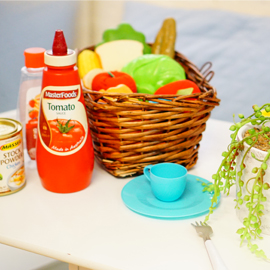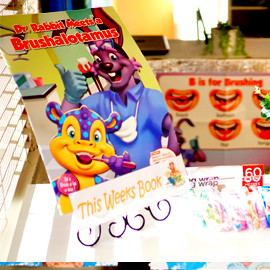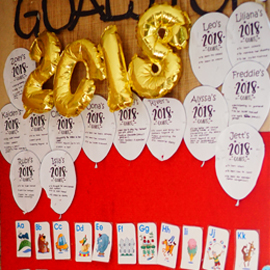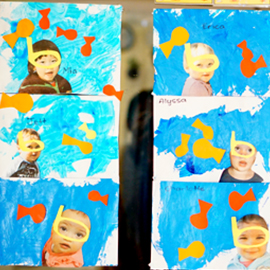Little Stars
LEARNING OUTCOMES
Our Little-Stars are still discovering new things, through their curiosity they are busy, enthusiastic and love to explore and experiment. They are beginning to develop more competencies with skills and are keen to further develop their independence through their self-help skills.
Toilet training is a popular question that parents ask when their child is anywhere from eighteen to thirty-two months. The perfect age to begin toilet training is different for every child. Our program uniquely designs ways to help children with toilet training. Once our parents and educators discover signs of readiness, such as showing interest in using the toilet, can communicate his or her needs with basic words, the frequency of diaper change, and the child is able to pull off and put on pants, then we encourage the child to start toilet training. Our educators use creative methods, such as incentive charts, reading books about using the toilet, asking the child if he/she would like to sit on the toilet during nappy changes to encourage toilet training.
The Little-Stars program continues to include stimulating activities, small group interactions, quiet time and free-play, in addition to lots of self-help activities such as toileting, dressing and care of belongings.
The Little-Stars curriculum is based upon the Early Years Learning Framework (EYLF). Play can support learning across physical, social, emotional and intellectual areas of development. In the first three years particularly, play helps children to learn about the world through listening, looking, touching, tasting and smelling.
Language is one of the most exciting parts of your child’s development. This is the period where their understanding and use of words builds rapidly. At one year of age most children can say two or three recognizable words and by the time they’re three they will have progressed to conversations of two or three sentences. There are many songs and activities which develop your child’s interest in basic concepts such as colors, shapes, numbers, their names, weather, days of the week, months of the year and their body parts, in part this extends on developing language.
Physically their skills and coordination are also rapidly increasing: learning how to kick a ball, climb stairs and grasp a pencil to scribble. They show their independence by saying “no” and begin to pretend when they play. Footprints encourages these activities by setting up stimulating activities such as different and inviting natural home corners (doctors, vet, teepee, camping, and picnics) to name a few. We encourage your child to be inquisitive, exploratory of the world around them and use their natural sense of wonder to make their learning fun, enjoyable and relatable by ensuring educators set out fun natural play experiences. This is done by bringing natural materials from outside inside such as sand, dirt, flowers, and bark to incorporate into their play.
Community and Culture offers children a way to learn & develop the skills to become emotionally intelligent and aware of others. The Community and Culture component exposes children to learn about different cultures, communities and much more. Our event calendar throughout the year celebrates, acknowledges and encourages a range of mixed cultural events. Events such as Chinese New Year we celebrated by having a parent come in and explain the significance of the event, traditional dances and some languages used. Footprints strive for a strong community and culture presence, encouraging families and children to participate and offer different experience wherever possible.
DEVELOPMENTAL GOALS
- Having a strong sense of identity
- Connecting with and contribute to their world
- Having a strong sense of well-being
- Being confident and involved learners
- Being effective communicators
Programs
[URIS id=698]




